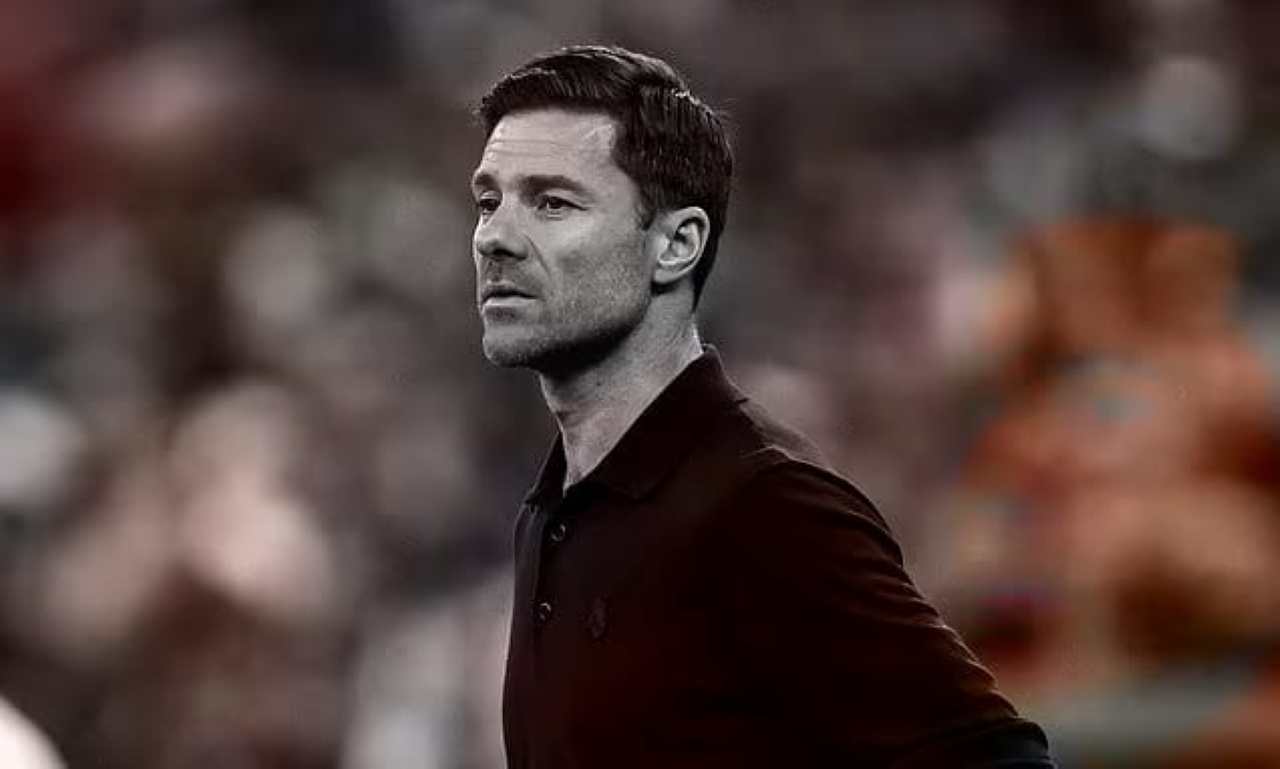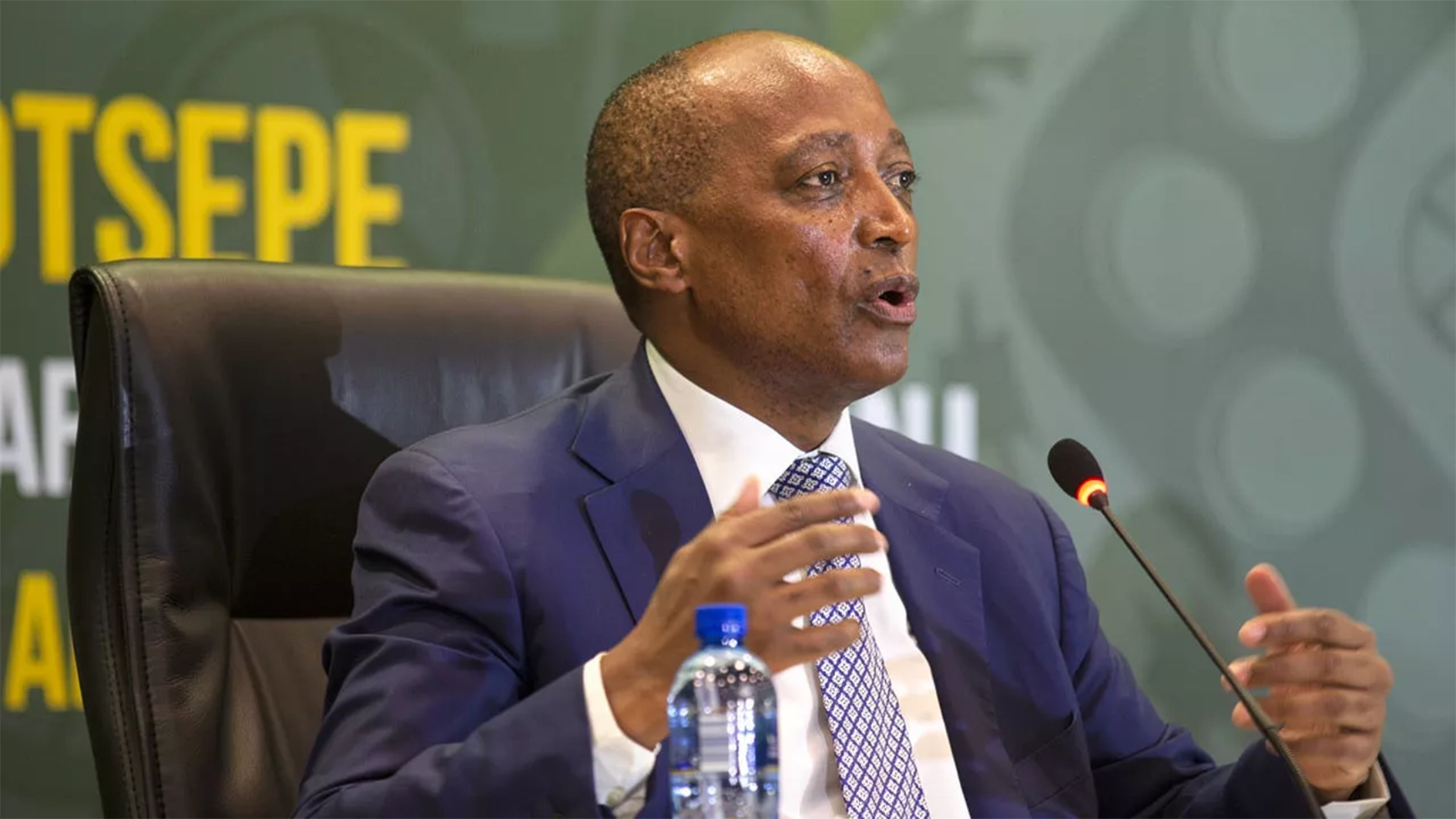The FIFA Goal Project initiative is developing the round-leather game in many beneficiary countries, promoting grassroots talents to the global stage. Perhaps an exception to that rule is Ugborodo in the southern part of Nigeria, GOWON AKPODONOR reports.
As part of efforts to aid the rapid growth of football in its member countries, the world Football governing body, FIFA has established various projects across the world to aid the sport.
For instance, FIFA’s intervention has been credited for the rise of minnows, such as Cape Verde and Uzbekistan that have qualified for the 2026 World Cup to be co-hosted by the United States, Canada and Mexico.
However, while football fans in countries like Cape Verde view the FIFA Goal Project as a “turning point” for their football development, the situation appears to be different in Nigeria.
The FIFA Goal Project, a development and assistance programme designed to meet the specific needs of national associations, was initiated by former FIFA President Joseph Sepp Blatter.
As part of the programme, FIFA in 2020 approved the construction of two mini-stadiums in Nigeria, one in Birnin Kebbi, and another in Ugborodo, Delta State. But while the Birnin Kebbi project, which some describe as “substandard”, has been completed, commissioned and is now in use, the Ugborodo project is stalled.
The project in Birnin Kebbi was awarded to Enron Construction, while the one in Ugborodo was awarded to Monimichelle Sports Construction Company, a firm owned by Bayelsa State-born Ebi Egbe, a former FIFA football agent.
Although the FIFA Goal project in Birnin Kebbi, which was “completed” over two years ago, has drawn the ire of discerning fans due to the alleged poor job done by the contractor, the one in Ugborodo remains mired in controversy over its location and inadequate funding.
As the project, which was awarded during President Amaju Pinnick’s tenure, lies dormant, both the NFF and the contractor are busy trading allegations and counter-allegations.
While Pinnick is accusing the contractor of breach of contract, the contractor alleges that he was tricked by Pinnick into signing the contract without visiting/ inspecting the site, which is about 300 nautical miles off Warri.
As many question the location of the project, the contractor, who is alleging foul play in the way the NFF is handling the project, claims that he was tricked into accepting the contract on short notice without conducting the necessary environmental assessment.
“I did so thinking that the project would be done within the city of Warri because as at that time, the Warri Township Stadium was completely bad and there was no football playing ground in the entire city. I accepted the contract without visiting the site because I trusted Pinnick.”
Egbe said that he was shocked when Pinnick led him to the proposed contract site. “Ugborodo is located deep inside the Atlantic Ocean, and after the community, the next place you will see is Brazil in South America. That is the simple truth. That was when I found out that the site was in difficult terrain.”
Insisting that it would require enormous resources to construct a project in such difficult terrain, he queried: “Why is the contract sum of the Goal Project in Ugborodo less than that of the one in Birnin Kebbi, which was constructed on stable land with access roads at the cost of $1,119,000?
“I signed a contract in the sum of $1.180 million, and as we speak, the NFF only paid me $400,000. I was told the Ugborodo community was just around Warri town and it had an accessible road from Warri. I only realised it was over 300 nautical miles deep in the Atlantic Ocean, with no road network, on the day of the site handover.
“To make matters worse, the FIFA stadium was sited one meter from a river that has no embankment. We had to relocate the project site 100 meters away from the river; however, the site still flooded.
“We had to do land reclamation to safeguard the project (which was not part of our bill). When I raised the issue, then Pinnick assured me that I could put in variables to cover the cost of constructing deep in the Atlantic Ocean, and I trusted them. (I made a big mistake).”
Egbe said that the FIFA inspection team, comprising one Gambian and a Kenyan, accompanied by the NFF Technical Director, Austin Eguavoen, were stunned throughout their journey on the Atlantic Ocean to the project site. “Even Eguavoen swore that he would never take such a risk again in his life. FIFA sent another team of two officials to visit the site later, but on arrival in Nigeria, they refused to go to Ugborodo. Instead, they said I should bring pictures of the current level of the job, and I presented over 300 photos to them.”
It was not long after the second visit that the NFF terminated the contract, but Egbe went ahead and wrote to the FIFA Secretary General, asking for payment of the remaining $700,000 to complete the job.
Pinnick, while reacting to Egbe’s allegations, begged to differ, maintaining that Egbe has been paid $650,000 contrary to the claim that he only received $400,000 for the job.
The former NFF president questioned why more funds should be released to Egbe when the work he did “was not commensurate with the $650,000 that he has been paid so far.
“Egbe is claiming that he never visited Ugborodo before he took the job; it is a big lie. How on earth will a contractor say that he signed such a big contract without visiting the site? What does that tell you about the image of his company?”
Pinnick further insisted that he brought Egbe into the FIFA Goal Project “because he is from Bayelsa in the South-South region, and knows Ugborodo and its terrain very well.
“He got all the financial requirements he needed to do the job, but he failed to deliver.
“FIFA exercises stringent oversight on all Goal Projects. When FIFA gives out money, such funds are fully audited, and the organisation knows everything from A to Z, and has high standards. So, if the contract was about $1.1 million in 2020, how much was that in naira? Less than N400 million. That’s what people don’t realise,” he stated.
On Egbe’s allegation that the NFF deducted 15 per cent from the money FIFA paid for the Goal Project in Ugborodo, Pinnick said: “Nigerians should tell him (Egbe) to go back to the contract that he signed with the NFF, and check out what it says regarding the contractor’s obligation in terms of payment of Value Added Tax (VAT) and others.”
A former chairman of Ugborodo Community Trust Fund, Austin Oborogbeyi, a lawyer, dismissed the claims by some that Ugborodo is an uncharted territory.
Oborogbeyi told The Guardian that “Ugborodo is in the heart of Iteskiri land. Apart from being the host community to Chevron’s main oil operation, Ugborodo is also home to Escravos tank farm, which spans more than 700 hectares of land. Ugborodo is also home to Shell tank farms. Today, Delta is rated the number one oil-producing state because of communities like Ugborodo.”
Oborogbeyi, who said that Ugborodo is about an hour on a speed boat from Warri, and less than 20 minutes from Burutu, continued: “There are millions of youths who have been denied the opportunity of nurturing their football career due to the non-availability of good football pitches, but I can gladly say that the NFF decision to site the FIFA Goal Project in Ugborodo in 2020 was a big relief, not only to people of Ugborodo but all the neighbouring communities.”
Azuka Chiemeka, a board member of the Delta Football Association (DFA) in 2020 when the FIFA Goal Project began, told The Guardian that former Governor, Ifeanyi Okowa, showed great support for the project by awarding a contract for the construction of an access road to the project site.
While lamenting the state of things presently, he recalled: “Our former governor was enthusiastic about the FIFA Goal Project in Ugborodo just the same way that the people of Ugborodo were so excited to have such a project.”
Prominent Itsekiri businessman and politician, Ayiri Emami, is one of those who stressed that the Ugborodo terrain was unsuitable for the Goal Project.
Speaking to journalists during the week, Ayeri said: “When Pinnick drew my attention to the FIFA Goal Project, then, the first question I asked was how much is involved. He (Pinnick) said $1.1 million, and my immediate reaction was that such an amount wouldn’t even be enough for logistics, let alone completing the project.
“In the first place, it was wrong to calculate the same amount of money for a project in Kebbi as for the one in Ugborodo because of the difficult terrain. So, if Pinnick had listened to me then, he wouldn’t have started the project in Ugborodo because I told him that the money wouldn’t complete it and that I foresaw a situation where he and the contractor would be at loggerheads over money at the end. That is what is happening now.”
But while some members of the community and some other stakeholders see the project as God-sent, many others believe that its trajectory ‘‘echoes the mismanagement of FIFA funds by those entrusted with the country’s football administration.”
Some stakeholders took the NFF to task last week, accusing the incumbent board, led by Ibrahim Gusau, and its predecessor, Amaju Pinnick, of wasting the money meant to grow the game in the country.
However, in response to allegations that it has mismanaged the FIFA Goal Project fund, the NFF issued a press statement last week, stating that all money received from FIFA and CAF is tied to specific projects.
Even as many Nigerians are waiting on the NFF to list the “various projects” and money received from FIFA and CAF, the Secretary General of NFF, Dr Mohammed Sanusi, made some clarifications during the week, particularly on the FIFA Goal Project in Birnin Kebbi.
“Let me use this opportunity to make some clarifications on how FIFA goes about the Goal Project. Firstly, FIFA does not award its projects to an individual within the NFF. Rather, they are awarded to companies that bid for it,” Sanusi told The Guardian.
On the project in Ugborodo, Delta State, Sanusi said: “The only thing I know is that a team from FIFA came to Nigeria on two occasions. During their first visit, they travelled to the site with the contractor to see the level of work done. That was after he (contractor) was fully mobilised to commence operation. The visiting FIFA officials were not satisfied with the level of work that had been done. What that means is that the contractor was expected to increase his work rate to measure up with the amount of money that he received before he could get the next payment.”
Sanusi stated that the FIFA team encountered the same situation during their second visit, prompting the NFF to terminate the contract.






